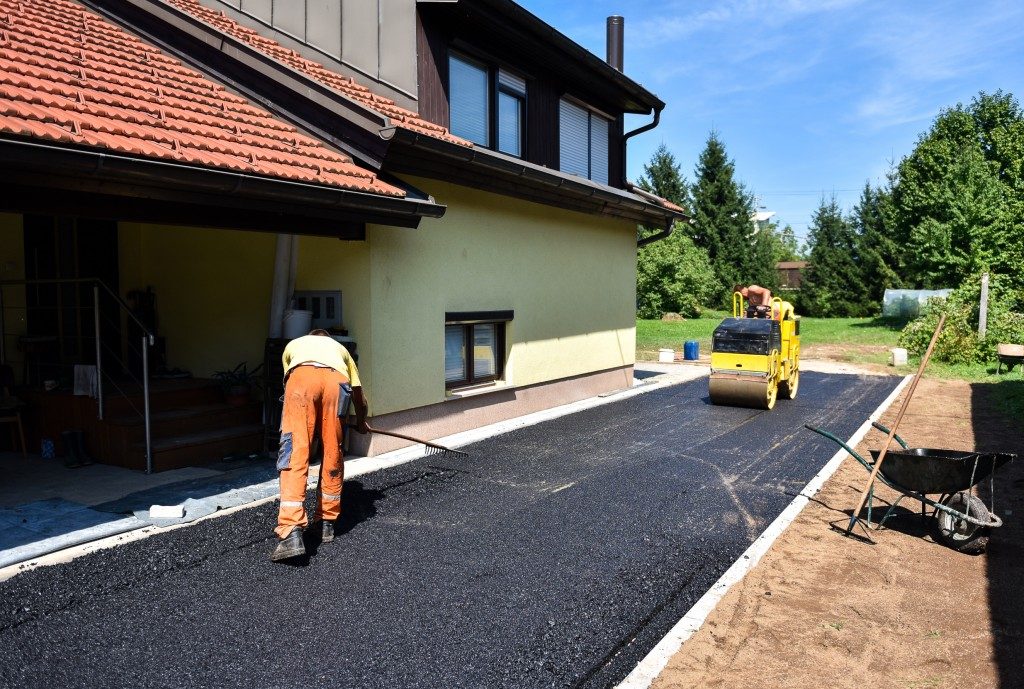While concrete remains the leading option for outdoor and indoor floors, some property owners are not as keen on this material option. The primary factor that makes people apprehensive about concrete flooring is the risk of drab-looking grey floors that will dampen their entire décor.
Nowadays, however, several alternatives exist for boosting the look of concrete flooring. Painting is one of the popular options. Even so, this is not as easy as picking the ideal paint color and applying it to the concrete.
Surface preparation with a high-quality product such as moisture-resistant primers for outdoor and wet surfaces is an essential step. The primer not only guarantees that the paint will stick to the surface by texturizing the concrete but also protects the underlayment from damage.
The following are the available concrete primer types.
Acrylic Primer
Concrete is, in itself, an absorptive material. Oil-based primers would thus not generate the best surface for the application of paint and other surface finishes. The ideal choices are water-based and acrylic primers that will readily absorb into the concrete and bind with it to generate the perfect surface for the application of a decorative finish.
Acrylic primers have a matte-like look. There, however, exist acrylic polyurethane primers that have a tougher and more durable finish compared to acrylic primers. These are also shinier and retain color better than the latter.
Polyurethane Primer
This is also called a cementitious urethane primer. It is ideal for concrete surfaces with stains and imperfections since they mask them. The primer is also the leading choice for floors that will be constantly damp because it is moisture tolerant.
Polyurethane primers have high levels of UV stability and impact, abrasion, and chemical resistance. They are also resistant to staining from tires, making them suitable for driveways. These primers generate a secure grip on concrete surfaces for the adherence of surface finishes and are quite resistant to most forms of damage.

Epoxy Primer
This has a very thin finish that will leave your concrete surface well-leveled for the application of a decorative finish. Even so, it still creates a strong bond with concrete and will absorb into the surface. Low viscosity primers also even out imperfections on a concrete surface.
Most epoxy primers will not hold up well to damp conditions. Thankfully, there are new technologies that allow the production of moisture-tolerant zero-VOC epoxy primers. Owing to their durability and sheer strength, epoxy primers are the leading options for industrial and commercial surfaces.
Silane Primer
This is a penetrating concrete primer. It is ideal for outdoor surfaces because it is water-resistant and will help protect the surface from extreme temperature changes. Silane primers are also unaffected by the effects of biological growth and chemicals.
They can thus be safely used on concrete surfaces near plants and swimming pools. The primers are, however, only used on fully cured rather than freshly-laid concrete surfaces.
There are other surface preparation steps done before the application of the above primers. The existing finish should, for instance, be stripped without affecting the underlying concrete. To guarantee all steps are done correctly, get a professional to handle them.

